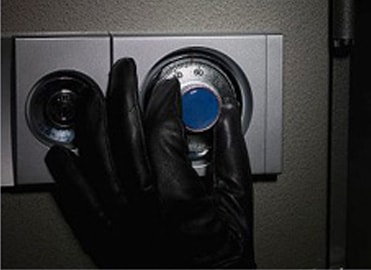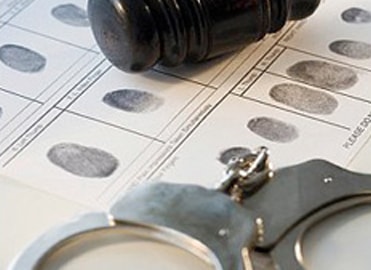The case itself involved Bill and his girlfriend Hillary, lets call them that. While they were getting gas in Simi Valley, a Ventura County Sheriff pulled into the same gas station and parked next to them. He approached Bill’s car and immediately asked him whether Bill had marijuana in the car. The smell was unmistakable. Bill said that he did, and also that he was a medical marijuana patient and a caregiver for other patients. Bill showed the officer his prescription and the letters from other patients designating him as their caregiver. The Sheriff searched Bill’s car and recovered approximately 2.22 oz of dried marijuana, 2.72 oz of hashish oil, 2.21 oz of hashish, and $514.00 in cash. He also found handwritten notes of names, dates, amounts purchased and money owed [pay/owe sheets]. The Sheriff arrested Bill for felony possession for sale.
Pursuant to SB 420, a medical marijuana patient may have up to 8 oz of dried or concentrated cannabis in his or her possession at any one point in time. Furthermore, if a medical doctor feels that a particular patient needs more than 8 oz, the doctor may so prescribe. In Bill’s case, he was well within the limits of the law. Why then did the sheriff arrest Bill? To answer that question we need only recall the distrust the Law Enforcement community has toward medical marijuana and patients. Many officers feel that the District Attorney’s Office is better equipped to determine whether the person arrested was in fact a medical marijuana patient and whether he was entitled to possess the cannabis.
On the one hand, this way of thinking makes sense. The officer can not determine at the scene whether this presciption is legitimate or a fake. Essentially, he or she pushes this determination up the chain to the prosecutor, where a potentially more thorough investigation can take place. On the other hand, as a result of the arrest, many legitimate medical marijuana patients have to spend time in custody, have to spend money on bail and money on an attorney. Their lives are completely and utterly disrupted. That doesn’t seem fair. After all, police officers do not arrest people who are in possession of other prescription drugs. Why should marijuana be treated any differently than any other prescription medication? Some might argue that the medical marijuana prescription is not trustworthy because it is easily forged. Isn’t it true, however, that a person can create a fake pharmacy label using a computer just as readily as he or she can create a fake medical marijuana prescription. Others may say that the medical doctor writing the prescription is not doing a thorough enough examination of the patient. But doesn’t this reasoning apply to any doctor with respect to any drug prescription? Shouldn’t we then arrest everyone with drug prescriptions in order to check the legitimacy of each prescription? The answer is no, of course.
The reason police officers rarely question the legitimacy of a pharmacy label is because they trust and are used to the medical doctor writing a prescription for medicine and a pharmacy filling the order. They are used to seeing the label on a pill bottle. They themselves, just like the rest of us, have obtained medicine this way. The mechanism for obtaining medical marijuana, on the other hand is new, untested, untrusted, and has not been thought out completely. California medical marijuana laws are a definite step in the right direction. They need to be refined and expanded, however, before the mechanism for dispensing medical marijuana can compete for legitimacy with the mechanism used to dispense other prescription drugs. Likewise, the medical marijuana community needs to continue to work with Law Enforcement and nonusers in order to build trust in the legitimacy of the prescriptions and the necessity of the medicine itself.
If you have been arrested for possession, possession for sale, transportation, cultivation, or distribution of medical marijuana, you need to hire a Los Angeles criminal attorney, please call us for a free consultation.
Over the years, our criminal defense lawyers have successfully represented numerous clients charged with Marijuana possession, Marijuana sales, and Marijuana cultivation as described above. We have observed that the longer one postpones in hiring a criminal defense lawyer, the greater the problem may become.
Please feel free to call for an initial FREE CONSULTATION in our office, or in the privacy and convenience of your own home, during which we can explore how best to defend and resolve your case. Our 24-hour telephone numbers are (818) 205-1555; (310) 288-0795; (626) 356-0447; and (213) 385-1555.







